Staying ahead in the services space requires more than just innovation—it demands empathy, deep market understanding, and a shift from product-centric to service-centric approaches. Hal Stanley’s session at Propel24 provided a deep exploration of these themes, offering practical insights and strategic frameworks for businesses aiming to thrive in this new era. In this blog, we'll dive further into the key takeaways from his presentation.
Empathy: the key to unlocking value
Hal began his session by emphasizing the pivotal role of empathy in unlocking value from technology. He pointed out that while technology is essential, it is the human ability to understand and address customer needs that truly drives success. By empathizing with users, businesses can better align their technological solutions with real-world problems, thereby delivering greater value.
This idea is vividly illustrated through the example of "fertilizer as a service." Modern farming has evolved significantly with technology, enabling farmers to monitor specific sections of their fields and apply fertilizers precisely where needed. This not only enhances crop yields but also ensures healthier produce by minimizing unnecessary chemical use. Such advancements are not about the technology itself but about understanding and addressing the specific needs of farmers.
The shift to services-led experiences
A significant portion of Hal’s session focused on the necessity of shifting from a technology-centric approach to a services-led experience. He urged businesses to invest in formal product management for services, emphasizing that this shift is crucial for delivering sustained value to customers.
In the past, the industry primarily generated revenue from selling tech products. However, this model has transformed, with two-thirds of revenue now coming from services, including technology-as-a-service (TaaS) and annual recurring revenue (ARR). Hal highlighted that the game has shifted from merely adding services to tech products to creating beautiful, integrated services-led experiences where technology plays a supporting role.
Bridging the consumption gap
One of the critical challenges discussed was the consumption gap—the disparity between the numerous features offered by innovative tech products and the customers' ability to fully utilize them. This gap results in underutilization and diminished value realization. Hal argued that while companies continue to innovate and add features, the true measure of success lies in customers' ability to harness these features effectively.
To address this, businesses need to focus on simplifying their offerings and providing comprehensive support to help customers navigate the complexity. This approach ensures that innovation translates into actual value for the end users.
Monetizing support and services
A major theme of the session was the importance of monetizing support and services. Hal provided a detailed breakdown of how companies can transform their service offerings into significant revenue streams. This includes monetizing professional services, premium tech support, and multiservice offers like customer success programs.
He suggested considering subscription formats for professional services and creating tiered support options—good, better, and best—to cater to different customer needs. Additionally, bundling education and support into role-based subscriptions can enhance value delivery and customer satisfaction.
Effective offer management
Hal stressed the need for a robust offer management process, which involves deep market discovery, cross-functional integration, and a strategic approach to creating and launching services. He outlined a comprehensive framework for offer management, highlighting the steps from strategy and market discovery to business planning, design, creation, and launch.
A successful offer management process ensures that services are not only well-designed and viable but also effectively marketed and adopted by customers. This holistic approach is essential for driving adoption, expansion, and renewal.
Overcoming the free-to-fee challenge
Transitioning from offering free services to paid ones is a common challenge, referred to by Hal as the "free-to-fee" transition. He recommended a phased approach to this transition, starting with net new markets that do not expect free services. For existing customers accustomed to free services, the transition involves careful planning, such as creating alternate price lists and gradually introducing fees through added value.
This strategy requires clear communication of the added benefits and value of the paid services to ensure customer buy-in and minimize resistance.
Leveraging AI in offering management
Artificial Intelligence (AI) is poised to transform offering management significantly. Hal highlighted that AI capabilities can enhance various aspects of offer management, from market discovery to value delivery. He encouraged businesses to integrate AI into their core workflows, using it as a tool for deeper market insights and more effective value propositions.
While the full optimization of AI in offering management may not be immediate, understanding and leveraging AI is crucial for staying competitive and driving innovation in the current landscape.
Future trends and strategic focus
Hal concluded his session with a look at the future trends in offering management. He underscored the importance of cross-functional integration, where sales, delivery, and offer management teams work together on market discovery and value delivery. This collaborative approach ensures that all aspects of the business are aligned towards a common goal of creating compelling, customer-centric solutions.
He also highlighted the growing trend of shifting value propositions from IT professionals to business owners who directly measure KPIs. This shift requires businesses to tailor their offerings to address specific business outcomes and demonstrate tangible value.
Additionally, Hal touched on the potential of generative AI to further transform offering management. He noted that AI is becoming an integral part of the workflow for providing valuable insights and enabling more personalized and effective customer engagements.
Hal’s session was a call to action for businesses to embrace the significant changes in the industry and adopt a services-led approach. He emphasized that creating comprehensive solutions with appropriate revenue models, tailored to market needs, is an ongoing process requiring continuous adaptation and innovation.
By focusing on empathy, deep market discovery, effective monetization of services, and leveraging AI, businesses can unlock new levels of value and drive sustained growth. Hal’s insights provide a strategic roadmap for companies looking to navigate the complexities of the modern tech landscape and achieve long-term success in the new era of technology and services.
To watch Hal Stanley's full session recording and other Propel24 sessions, visit Rocketlane TV.
Experience Rocketlane firsthand to see how our platform can help you streamline your client projects. Schedule a demo with us today!
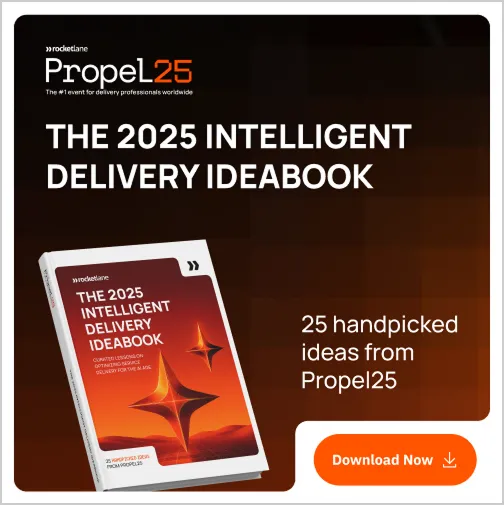

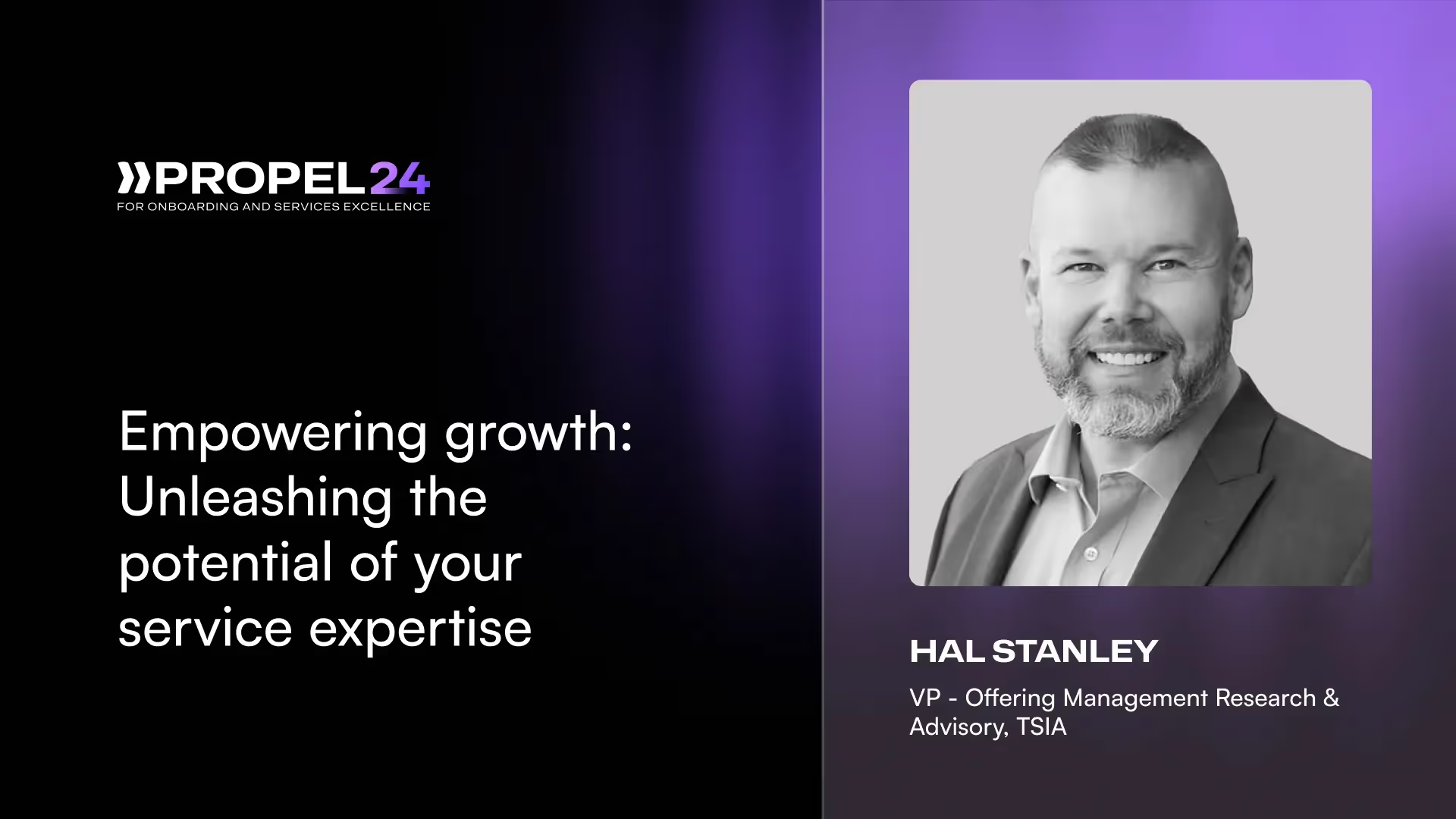

















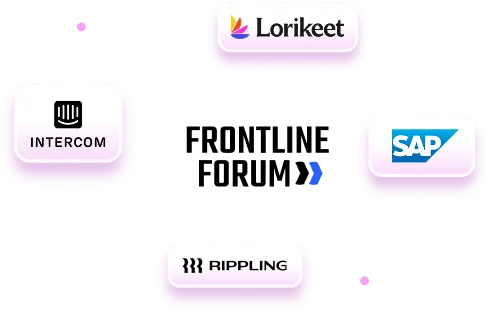
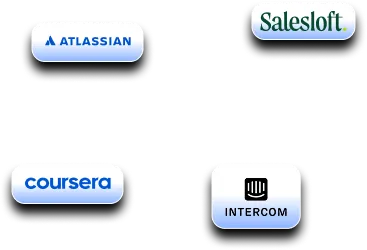
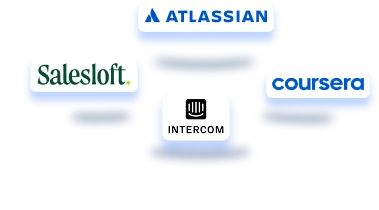

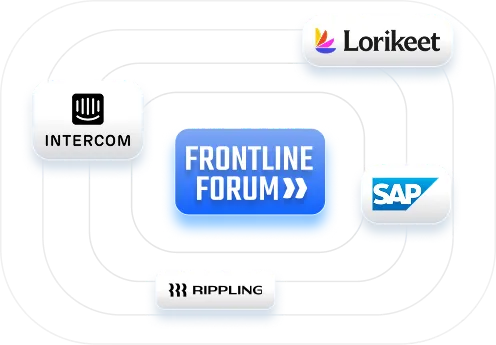
.webp)